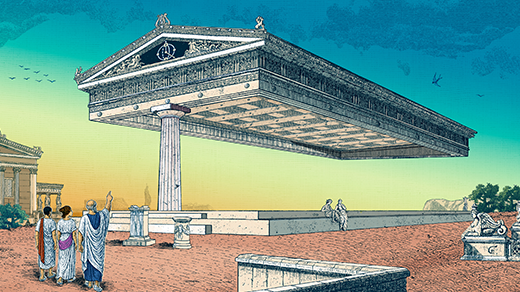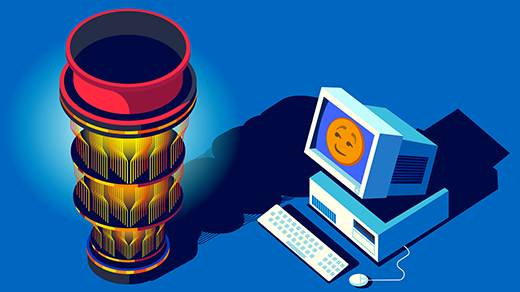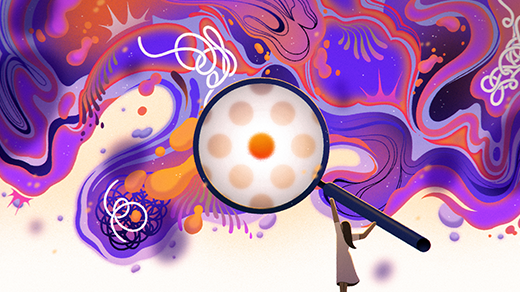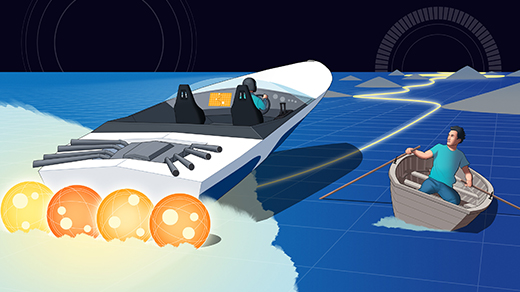What's up in
Quantum computing
Latest Articles
A Thermometer for Measuring Quantumness
“Anomalous” heat flow, which at first appears to violate the second law of thermodynamics, gives physicists a way to detect quantum entanglement without destroying it.
Analog vs. Digital: The Race Is On To Simulate Our Quantum Universe
Recent progress on both analog and digital simulations of quantum fields foreshadows a future in which quantum computers could illuminate phenomena that are far too complex for even the most powerful supercomputers.
Quantum Scientists Have Built a New Math of Cryptography
In theory, quantum physics can bypass the hard mathematical problems at the root of modern encryption. A new proof shows how.
New Quantum Algorithm Factors Numbers With One Qubit
The catch: It would require the energy of a few medium-size stars.
First Map Made of a Solid’s Secret Quantum Geometry
Physicists recently mapped the hidden shape that underlies the quantum behaviors of a crystal, using a new method that’s expected to become ubiquitous.
What Is the True Promise of Quantum Computing?
Despite the hype, it’s been surprisingly challenging to find quantum algorithms that outperform classical ones. In this episode, Ewin Tang discusses her pioneering work in “dequantizing” quantum algorithms — and what it means for the future of quantum computing.
The High Cost of Quantum Randomness Is Dropping
Randomness is essential to some research, but it’s always been prohibitively complicated. Now, we can use “pseudorandomness” instead.
Quantum Speedup Found for Huge Class of Hard Problems
It’s been difficult to find important questions that quantum computers can answer faster than classical machines, but a new algorithm appears to do it for some critical optimization tasks.
Why Computer Scientists Consult Oracles
Hypothetical devices that can quickly and accurately answer questions have become a powerful tool in computational complexity theory.








